Buying a New Launch Condo Has Changed in 2025 — Here Are the Key Details Most Buyers Overlook
November 19, 2025

From launch weekend sellouts to changing methods of balloting, you may have noticed some differences in new launch methods these days. New launches tend to be a much faster process these days, and even larger projects may not drag on over multiple sales phases like they used to. Likewise, agent commissions and motivations have changed; so if it’s been a while since you returned to the property market, here are some key updates to know about:
And with so many moving parts, from balloting systems to incentive structures and the way units are released, it’s easy to feel a step behind if you’re not watching the market closely. If you want to be fully prepared before making a move, reach out here and we’ll connect you with a trusted partner agent who can guide you through it.
Some notable changes in the way new launches are handled today
- Faster sellouts and shorter launch windows
- Agent commissions are not always substantially higher
- Two-bedders are more frequently marketed for own-stay use
- It’s less common for agents to have first dibs on everything
- Balloting systems may differ
- Less emphasis on $PSF
1. Faster sellouts and shorter launch windows

We saw it time and again this year, with Springleaf Residence, Skye at Holland, Promenade Peak and River Green, etc. New launches almost completely sell out over the weekend, with the few remaining units only being the largest and least affordable.
Due to the pace at which these units are moving, buyers do have a shorter time to react. To be clear, this still shouldn’t mean you rush and ignore fundamentals like affordability and location; but once you do find the right property, it’s best not to dally and gamble that something better might come along.
We no longer see a gradual process of prices rising over weeks and months; sometimes everything goes in one weekend.
Interestingly enough, we’ve also seen cases where – despite hectic sales – the developer opted not to raise prices. We pointed this out during the launch of Skye at Holland: by not hiking the price, the developer was able to sustain the momentum until the project was almost completely sold out.
Contrast this to the launch of Pasir Ris 8 back in 2021, where the developer raised prices on one particular layout six times throughout the day.
This isn’t to say that developers will no longer raise prices, mind you; units are still more costly if you buy them near TOP or just after. But there may be less inclination to do this, and to just let projects sell out sooner instead.
2. Agent commissions are not always substantially higher
From 2019 to 2023, agent commissions for new launches could be much higher than resale; we covered this back in an article in 2022. At the time, it was possible for new launches to have commission rates as high as five per cent or more. This prompted some agents to push buyers toward new launches instead of resale, if they didn’t mind the longer wait to get paid.
As of 2025, however, this has mostly come to an end. From word on the ground, most new launch commissions are not too far from the two per cent standard for resale. Developers aren’t wrong in thinking that right now, with private home prices so high, ECs can practically sell themselves.
This being said, you might notice that some agents still highlight new launches over resale. In 2025, this isn’t really because they’re getting higher commissions – it’s simply a lack of inventory. Higher home prices have driven up the cost of replacement homes, thus making sellers less willing to attempt an upgrade; so if agents seem to be pushing new launches, it’s more because they don’t have many resale options for you.
3. Two-bedders are more frequently marketed for own-stay use
At least, larger two-bedders or 2+Study units are. This is a bit of an eye-opener for those returning to the property market after some time; but two-bedders are no longer lumped in with one-bedders as rental assets.
The main reason is, of course, cost. A two-bedder in 2025, particularly the larger ones, could reach around $1.8 million. This is about the sweet spot for HDB upgraders right now, whereas three-bedders are at about $2.2 million and out of reach. As such, two-bedders for own-stay use are becoming an accepted reality.
This aside, two-bedder layouts today tend to be more efficient. Dumbbell layouts, Jack and Jill bathrooms, and an end to shenanigans like big air-con ledges have made them more liveable. Do keep in mind that 600 sq ft today is larger than 600 sq ft before GFA harmonisation, as it excludes strata void spaces or air-con ledges.
Still though, we understand if this is tough to swallow for some buyers; it’s certainly a contributing reason as to why fewer sellers are in the resale market. Their replacement home likely won’t match the size of, say, a 4-room flat if that’s what they’re used to.
4. It’s less common for agents to have first dibs on everything
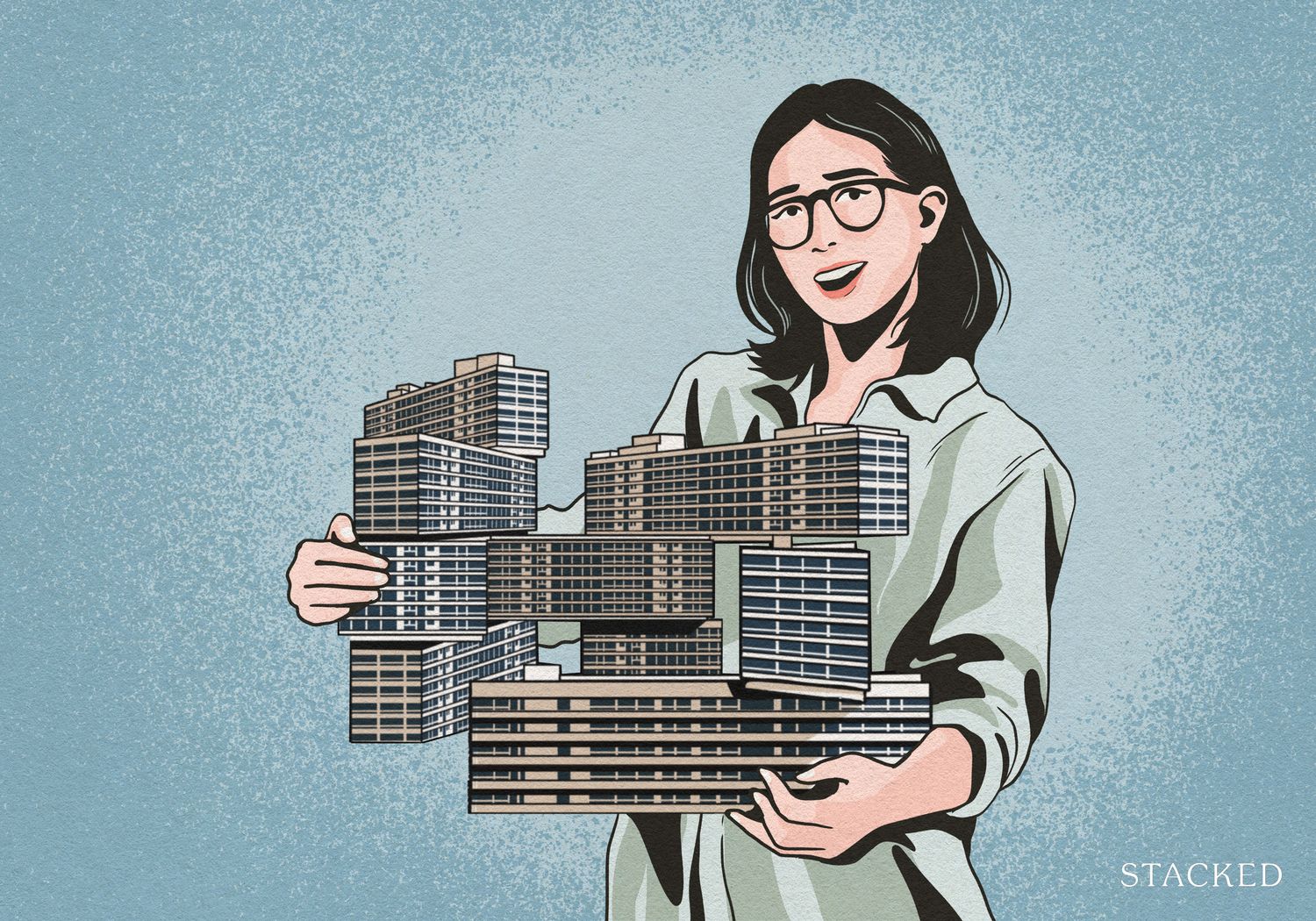
It’s something of an open secret: ask around and industry professionals will tell you agents often have access to priority booking. While it’s not always true, it was quite common for agents to have first pick of the best stacks, best facing, etc.
This does lead to some frustration among buyers, who feel they’re unfairly disadvantaged and left with “leftovers.” At an extreme, we’ve even heard of some buyers considering becoming agents, just to get this special priority access.
More from Stacked
How To Properly Plan Your Timeline When Upgrading To A Resale Condo (Move Once And Avoid ABSD)
One of the main hassles of upgrading that many people don’t think about is the timeline. From getting the sale…
This changed around late 2024 to early 2025. Due to increasing public scrutiny, developers were pressured to change the practice. One particular catalyst was the Emerald of Katong launch, where it was alleged* that nearly half the units were gone before the public even had a chance.
Some developers have phased out early agent access completely, whilst some developers now release a limited number of units to agents (e.g., only a handful of units in a given stack, or units or lower floors). As of today, developers’ priority phases now favour repeat buyers from previous projects, or owners of the previous project, before redevelopment. This has levelled the playing field a bit. Also, some might argue that it stops “bloating” the apparent sales numbers at launch.
*We have no exact numbers of how many units agents bought, nor is there any producible proof; just word of mouth. It’s also possible that not all of the alleged units were taken by property agents alone.
5. Balloting systems may differ
For buyers who haven’t been on a launch weekend in a while, the biggest surprise may be how the balloting process may be different.
In the past, balloting was almost always the same: submit your cheque, receive a queue number, and pick a unit when your number is called. That’s still used today, but you may see some modifications.
For starters, most projects now use digital balloting or remote queue assignments. Instead of turning up at a crowded showflat, you receive their queue number and appointment window by email, SMS, or some other electronic means. This first started for COVID crowd control; but it has persisted because it keeps the process calmer and more orderly.
There’s also been a rise in priority-based allocation. As we mentioned above, developers sometimes have priority windows for repeat buyers, or for upgraders coming from surrounding estates. These groups may have different ballot rounds before the general queue opens.
Finally, some developers may use placement systems instead of balloting. This means buyers select the unit they want, and all interested buyers ballot for that specific unit. The winner gets it, the losers walk away with nothing. It’s simpler to understand and manage, but a bit less forgiving than traditional balloting (where you choose from what’s available when your turn/queue number comes).
Also instead of releasing every stack and floor on day one, only certain stacks may be available in the earlier sales phase. Higher floors or premium stacks may be held back for later rounds. This staggered release sometimes gives unsuccessful buyers a second shot; but it also helps developers to maintain momentum (and yes, to adjust prices if they’ve decided they can get away with it.)
One supposed advantage to this is that it prevents strong sales on launch weekend from killing further media attention. That’s in theory; in our experience, the media still tends to ignore a development’s remaining progress, after a 80 to 90+ per cent sellout.
6. Less emphasis on $PSF
In recent new launches, we’ve noticed some of the sales team being quick to steer away from questions about price per square foot. That’s because in 2025, developers have angled pricing at quantum (overall cost) rather than $PSF.
In fact, during a visit to River Green – a project aggressively priced on quantum – we noticed questions about $PSF were answered in quantum anyway; and to be fair, the quantum was indeed low, sometimes being at $1.2 million despite the Great World location.
This isn’t entirely new, as we also saw this in 2020 with the launch of The M. The sales team also kept emphasising the quantum back then, which could be below $1 million, while sidestepping the $2,400 psf cost (considered high at the time).
The other reason for this is GFA harmonisation; since new launches have smaller square footage on paper, this pushes up their $PSF even though the overall price doesn’t change. So just for the sake of avoiding confusion, most sales teams would rather just talk about quantum directly.
Don’t be surprised if your questions about $PSF are more frequently side-stepped, or if you’re told it’s not a very relevant way to compare prices today; a statement that’s not entirely untrue.
Overall, you might feel things move a lot faster in new launch sales if you haven’t been in the market for a while
None of these changes is inherently good or bad, but they do call for a different approach, and it’s not uncommon to feel overwhelmed or that you lack time to make a decision. The key is to formulate your plans well before preview day, and have a shortlist of alternatives that you can turn to quickly. If you need help with this, reach out to us on Stacked.
At Stacked, we like to look beyond the headlines and surface-level numbers, and focus on how things play out in the real world.
If you’d like to discuss how this applies to your own circumstances, you can reach out for a one-to-one consultation here.
And if you simply have a question or want to share a thought, feel free to write to us at stories@stackedhomes.com — we read every message.
Frequently asked questions
Why are new condo launches selling out faster in 2025?
Are agent commissions higher for new condos now?
Are two-bedroom condos now mainly for own-stay?
Do agents still get priority access to new launches?
How has the balloting process changed for new condo launches?
Why do developers focus less on price per square foot now?
Ryan J. Ong
A seasoned content strategist with over 17 years in the real estate and financial journalism sectors, Ryan has built a reputation for transforming complex industry jargon into accessible knowledge. With a track record of writing and editing for leading financial platforms and publications, Ryan's expertise has been recognised across various media outlets. His role as a former content editor for 99.co and a co-host for CNA 938's Open House programme underscores his commitment to providing valuable insights into the property market.Need help with a property decision?
Speak to our team →Read next from Property Market Commentary

Property Market Commentary We Review 7 Of The June 2026 BTO Launch Sites – Which Is The Best Option For You?

Property Market Commentary Why Some Old HDB Flats Hold Value Longer Than Others

Property Market Commentary We Analysed HDB Price Growth — Here’s When Lease Decay Actually Hits (By Estate)
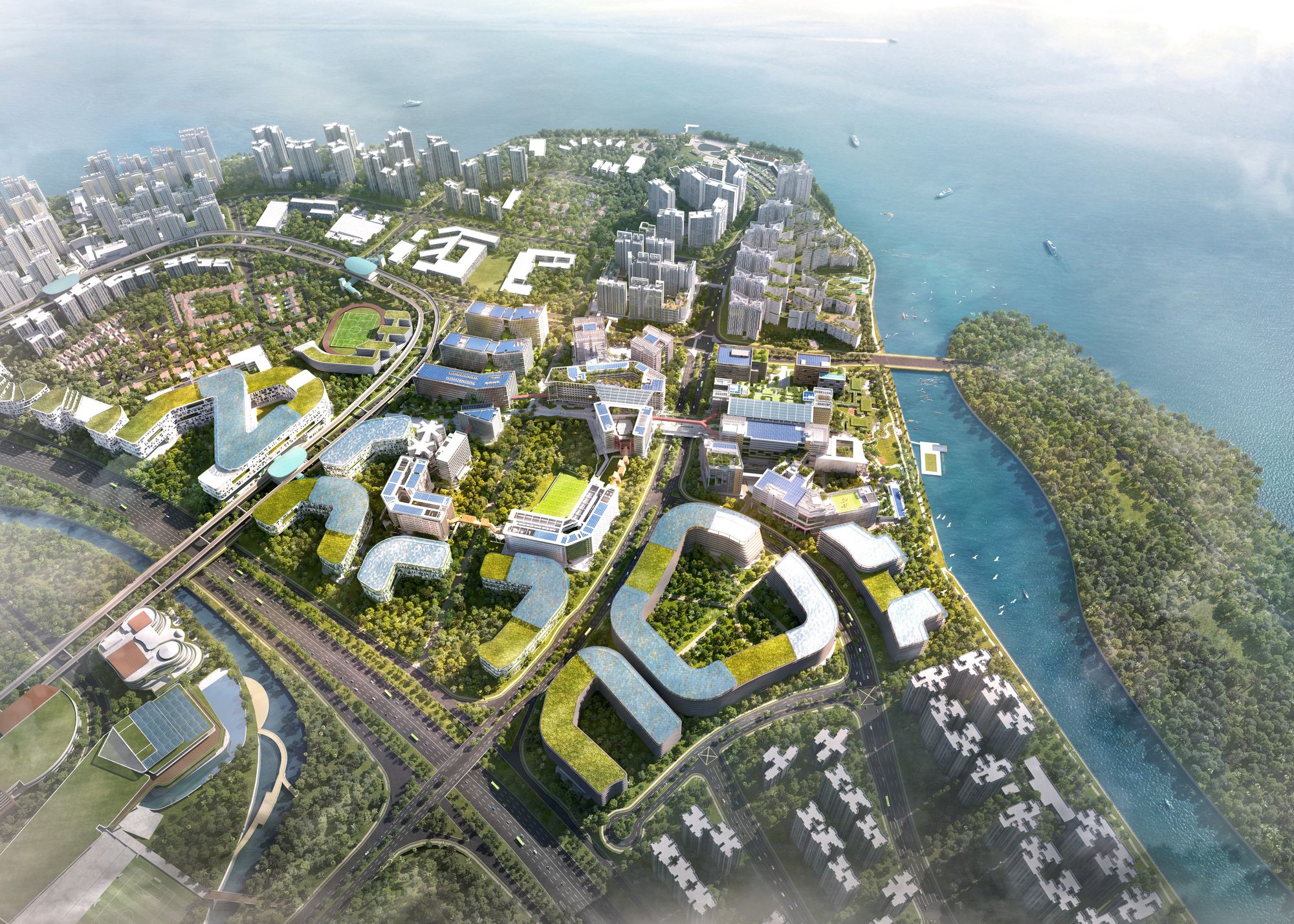
Property Market Commentary Why Early Buyers In New Housing Estates May See Less Upside In 2026
Latest Posts

Singapore Property News The Most Expensive Resale Flat Just Sold for $1.7M in Queenstown — Is There No Limit to What Buyers Will Pay?

On The Market Here Are The Cheapest 4-Room HDB Flats Near An MRT You Can Still Buy From $450K
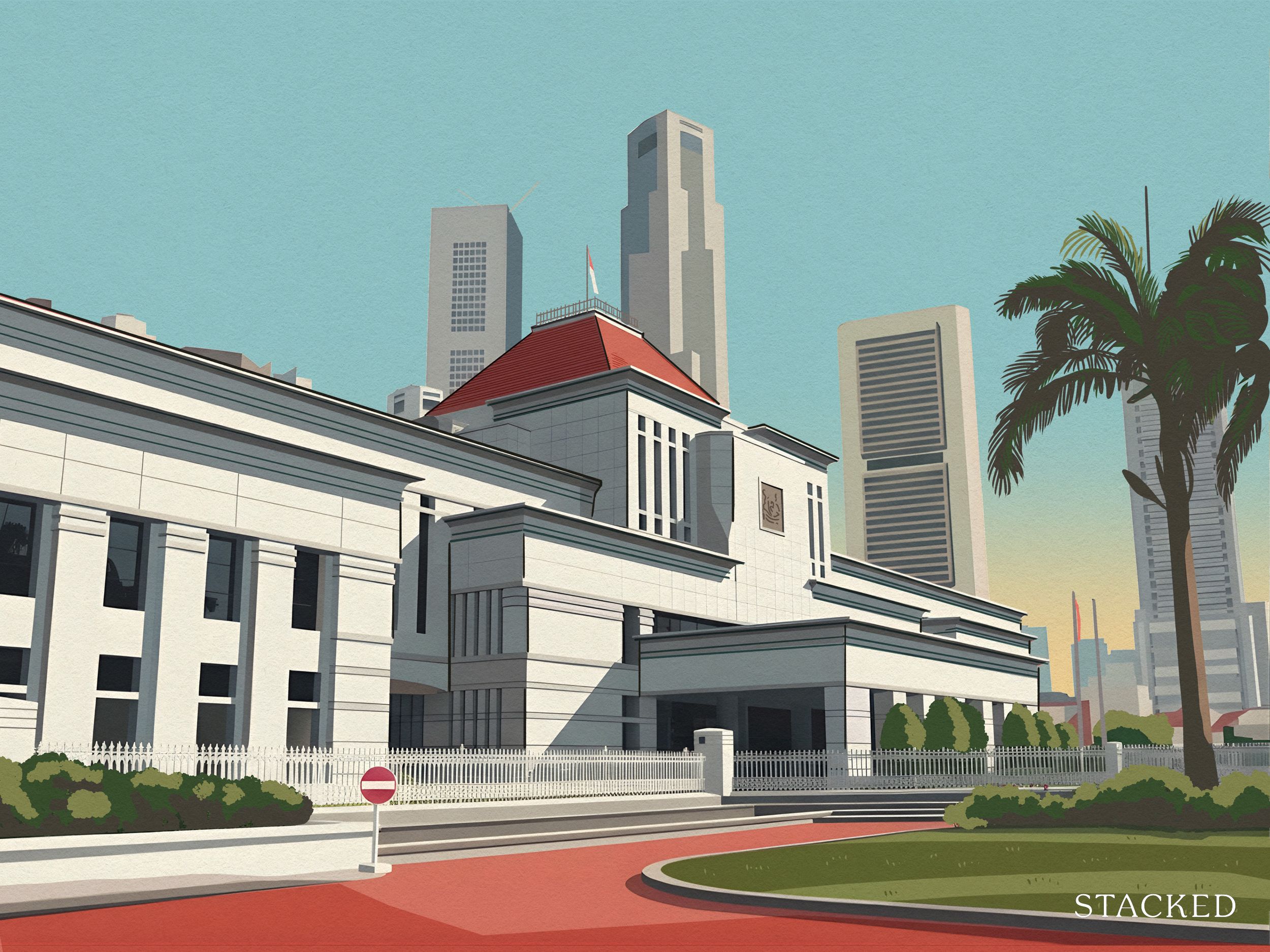
Singapore Property News Why Housing Took A Back Seat In Budget 2026




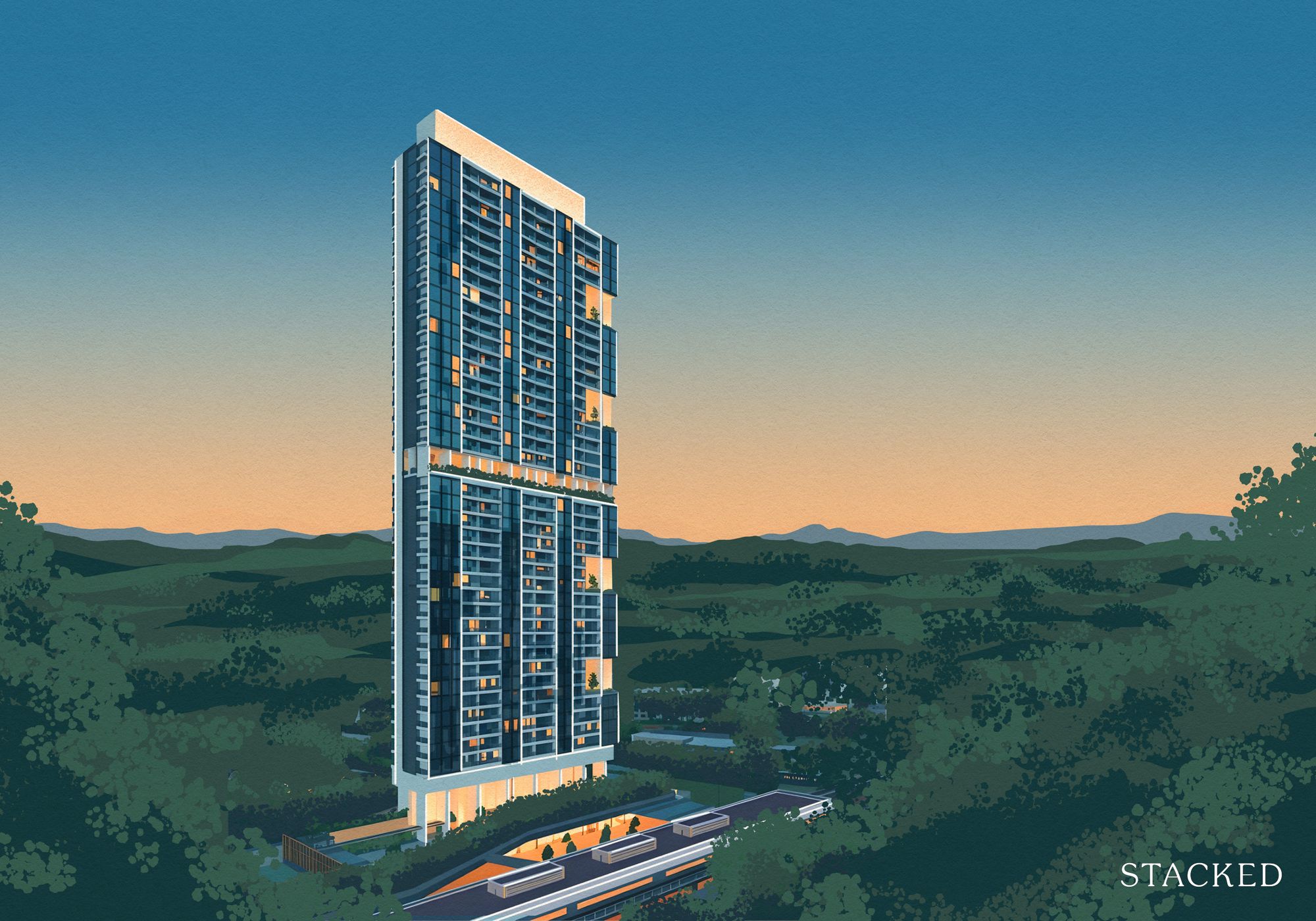


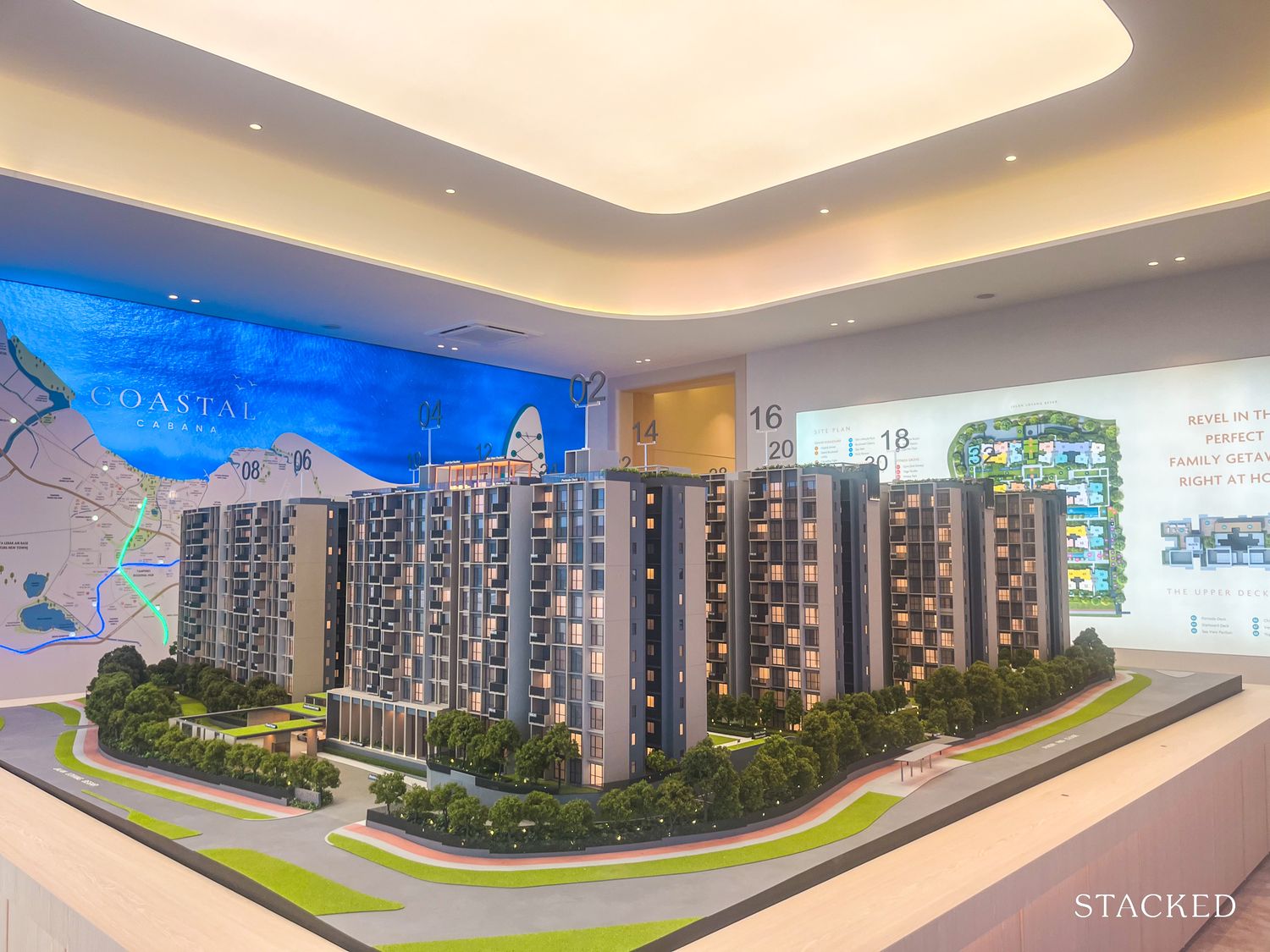
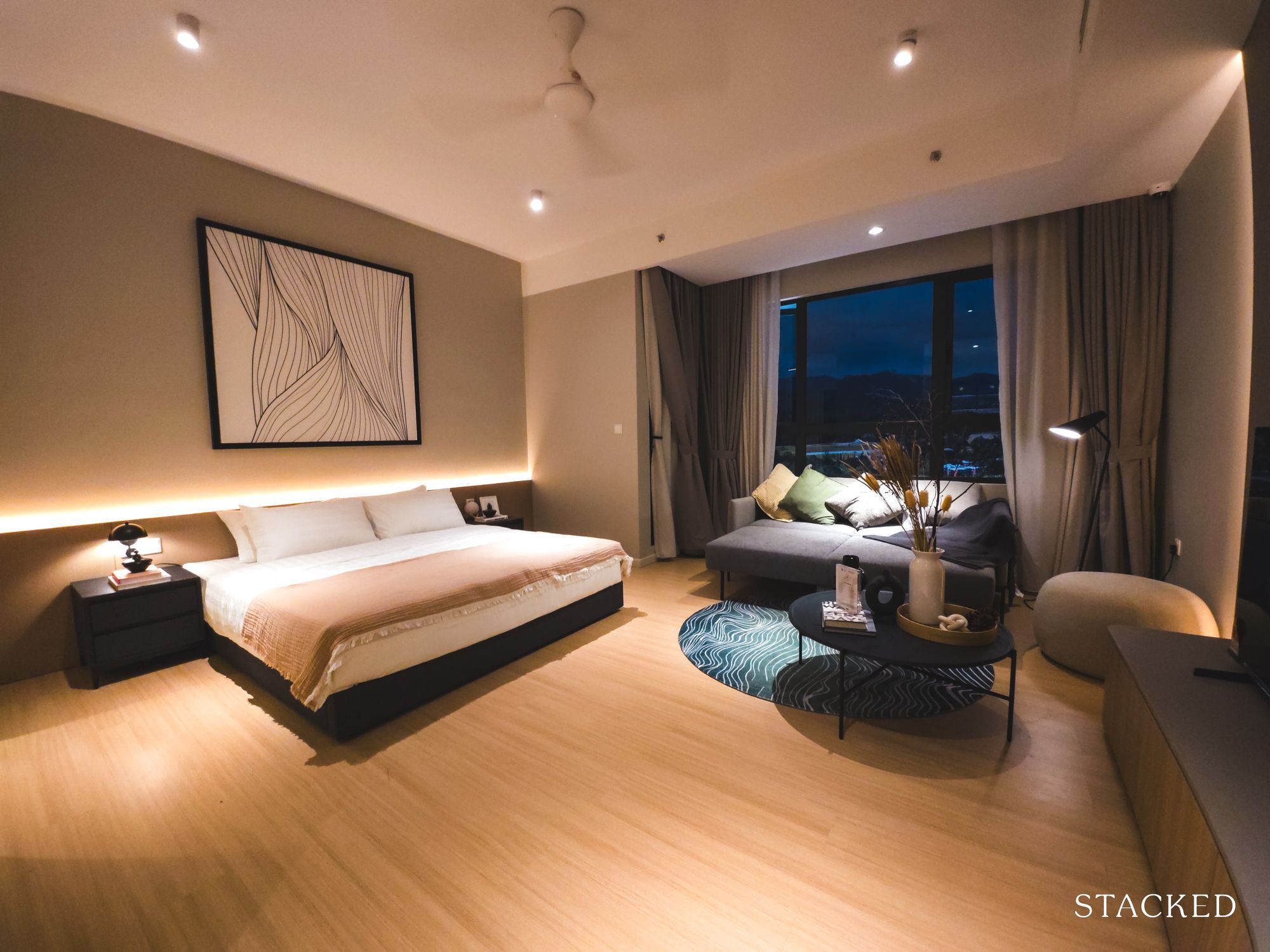





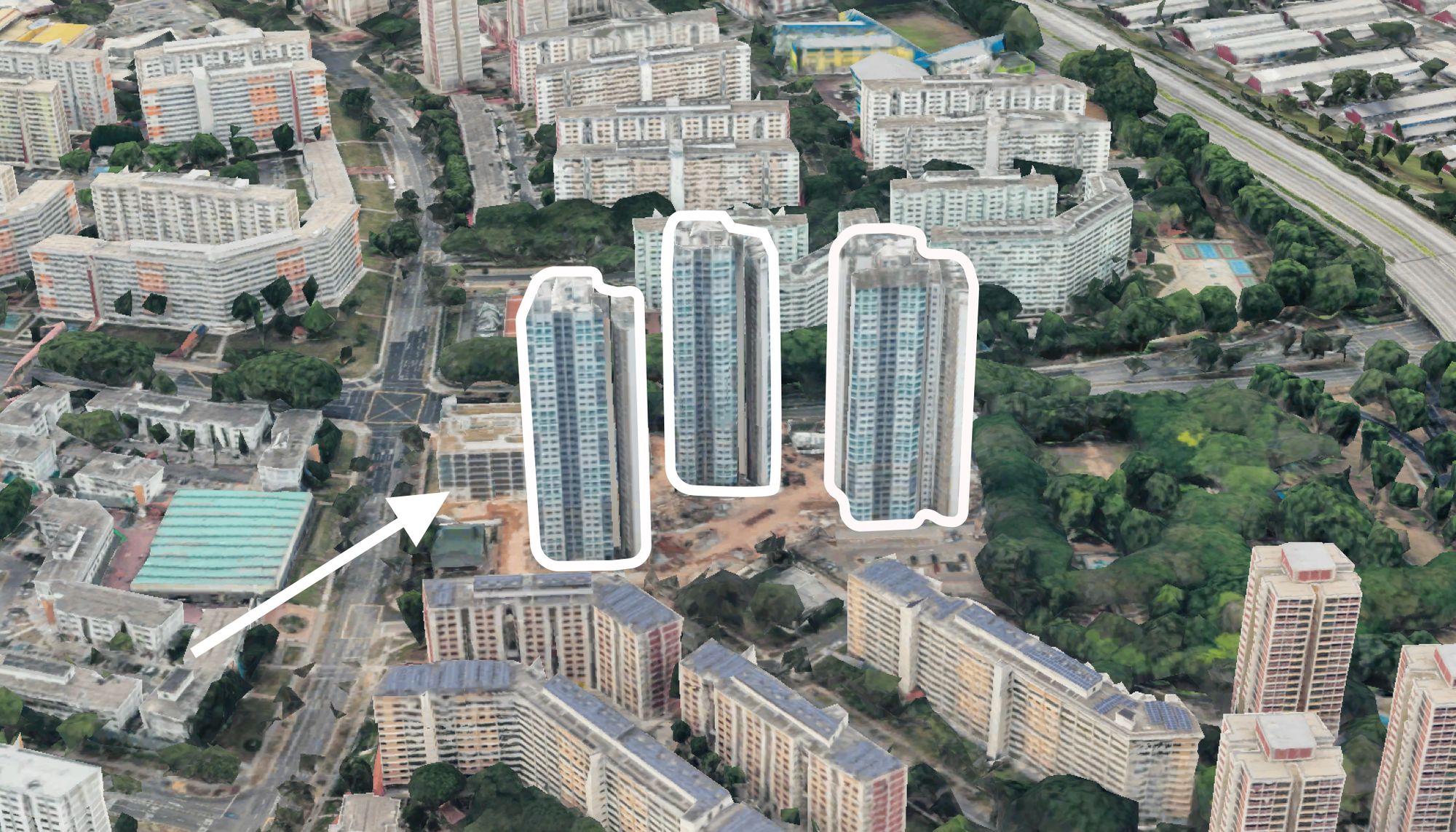
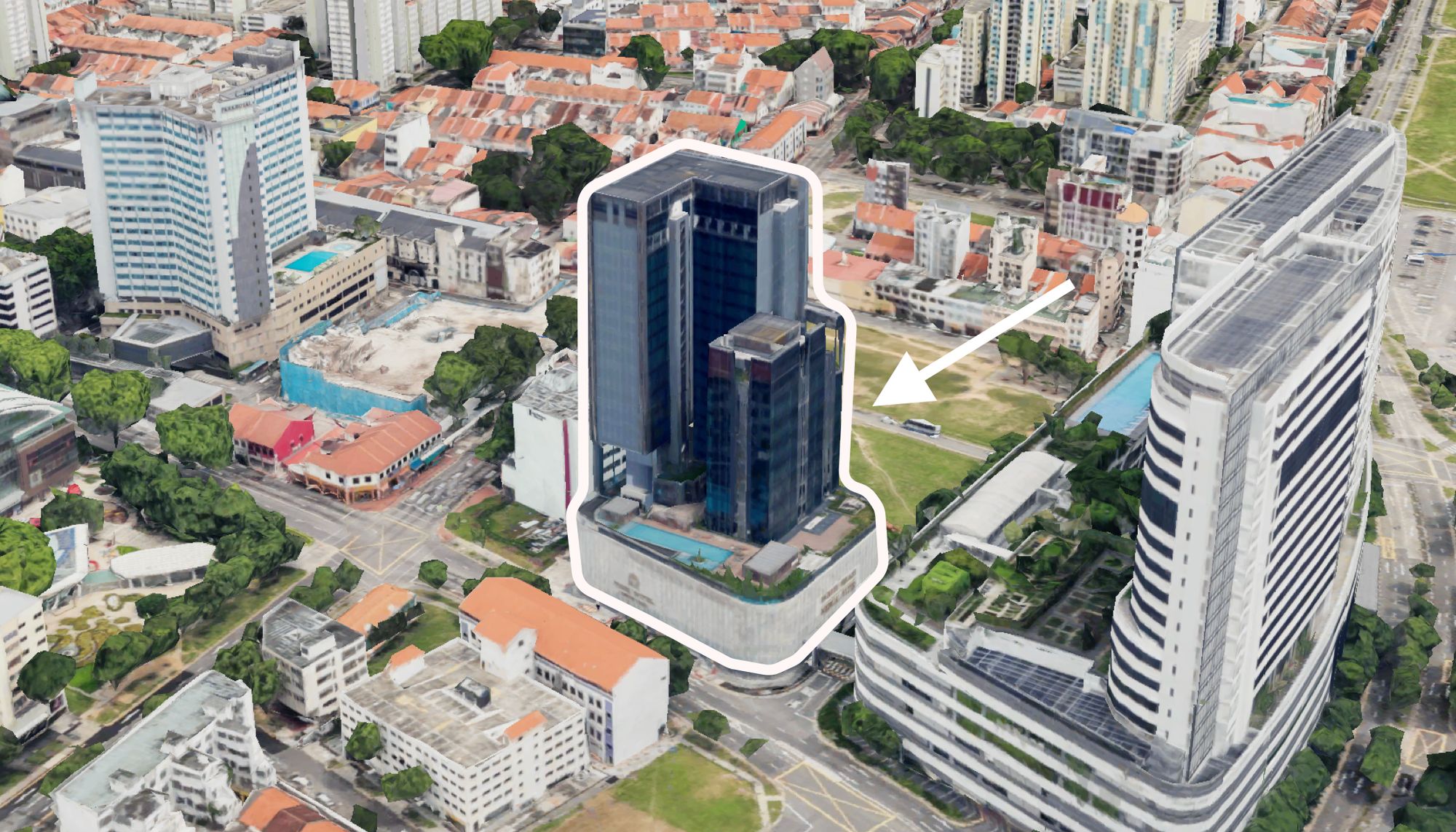
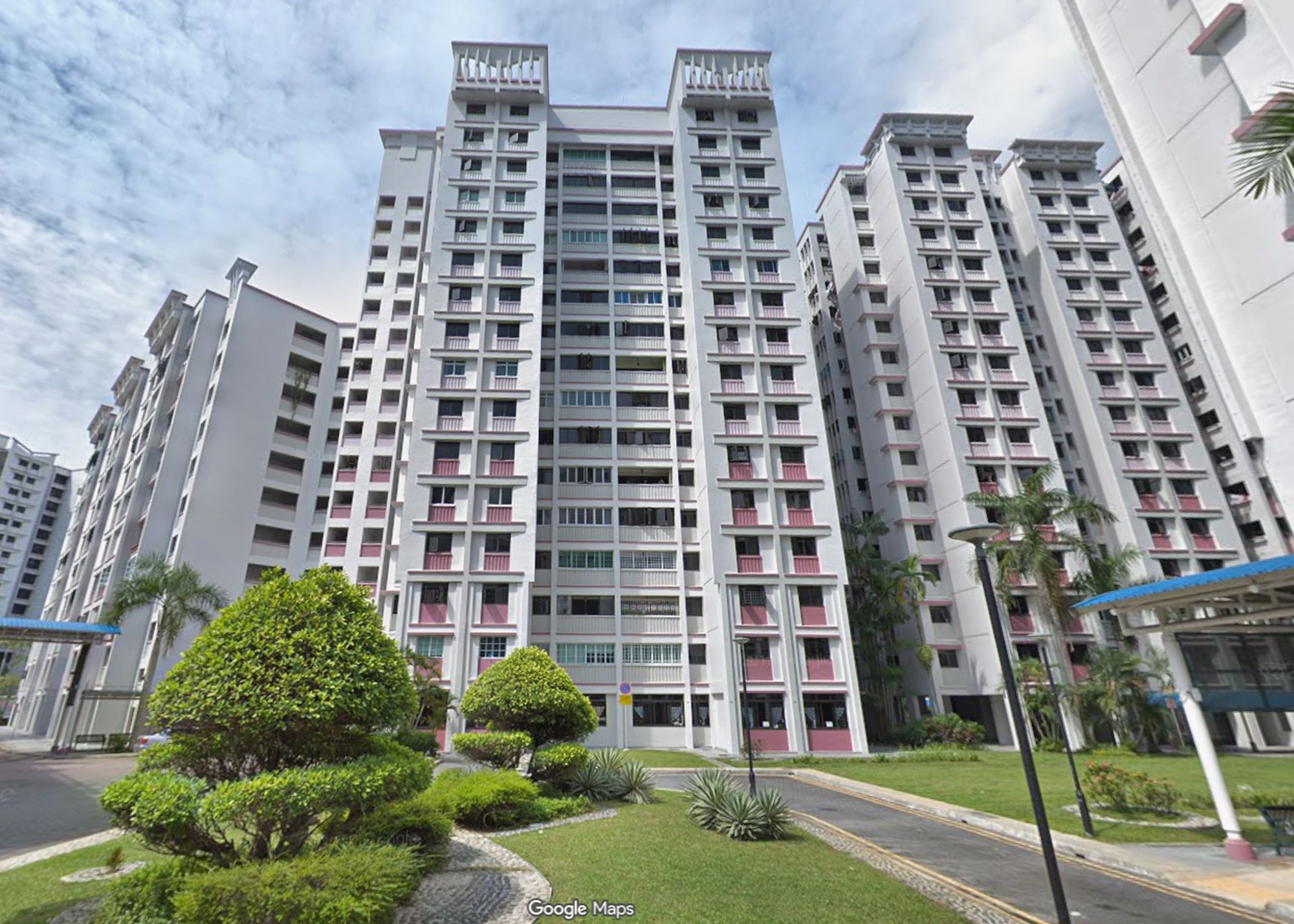
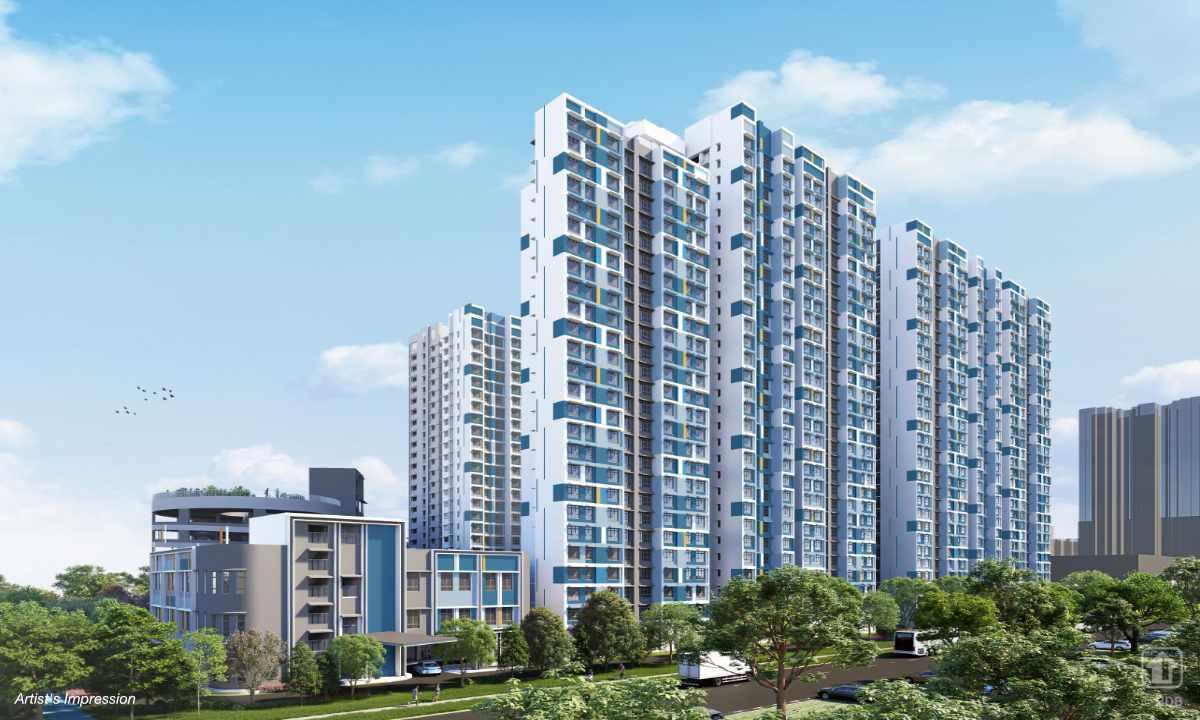













0 Comments